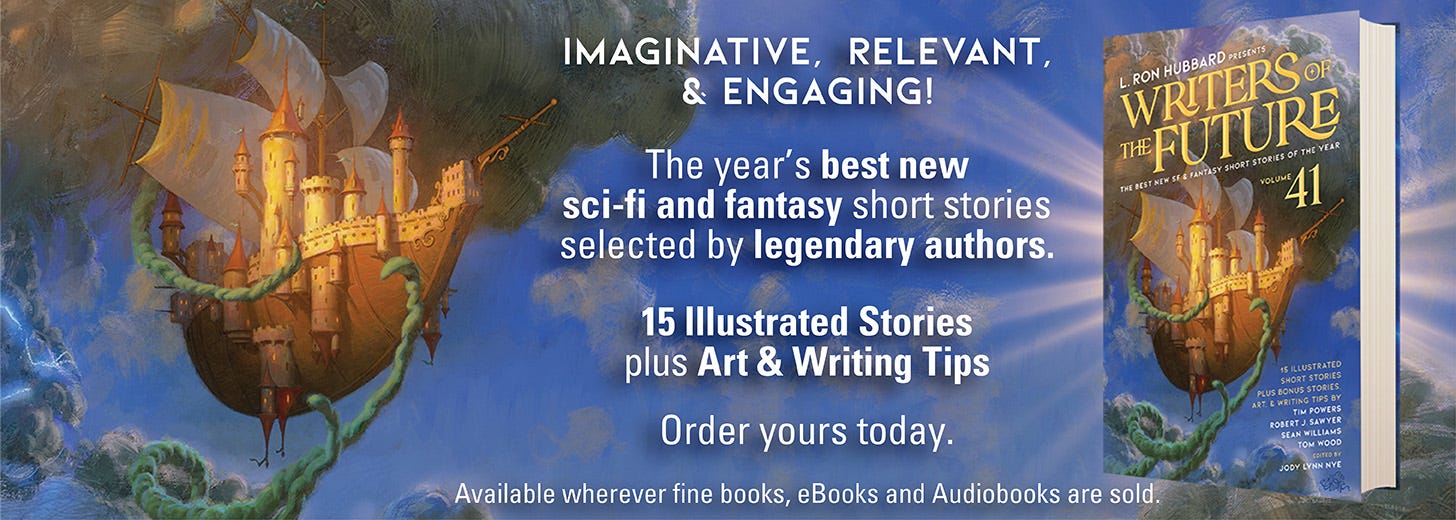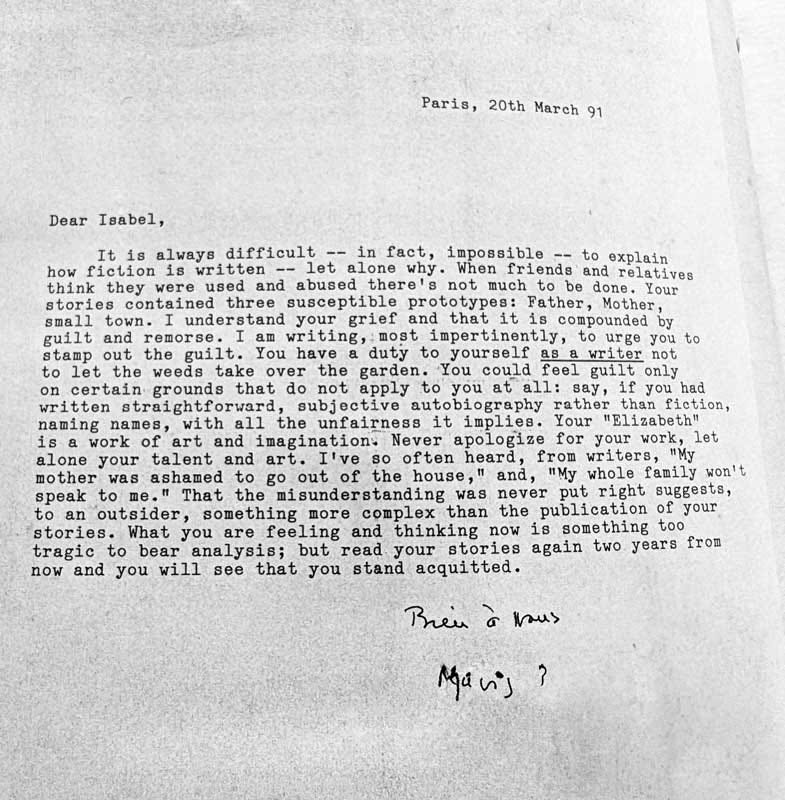Bookworm, no. 94
Richard Joseph on Lisa M. Gasbarrone’s “The Sense of the Sacred in the Early Novels of Quebec.” Isabel Huggan shares a letter from Mavis Gallant. Poetry by Yvette LeClair. And the nominees are...
Spreading the Good Words
The Sense of the Sacred in the Early Novels of Quebec
Lisa M. Gasbarrone
McGill-Queen’s University Press
330 pages, hardcover and ebook
It’s odd to think, in modern-day secular Quebec, that the Catholic Church kept the province under its thumb for much of the twentieth century. The decades before the Quiet Revolution, in the 1960s, are often regarded as a sort of dark age, and most scholars dismiss the religious literature from that period as pious propaganda. In The Sense of the Sacred in the Early Novels of Quebec, Lisa M. Gasbarrone seeks to redeem them as complex works of art.
The key concept is “sacred,” as distinct from the institutional apparatus of Catholicism. Gasbarrone, a professor of French at Franklin and Marshall College, in Pennsylvania, shows how Patrice Lacombe’s novella La terre paternelle, from 1846, critiques the failures of the church yet features a powerful religious talisman. This is what Gasbarrone means by “the sense of the sacred”—an existential concept, detached from the church’s repressive laws, without which contemporary readers might miss the point entirely. She argues that the novels’ recursiveness, long treated as a formal defect, is better understood as an Edenic reflection of a pre-industrial paradise. Similarly, she sees défrichement—the clearing of land for settlement, a major theme in these works—as a form of divine creation.
Across five chapters, Gasbarrone deftly argues for the sacred as the central force that mediates form, content, and character in the early novels of Quebec. By treating it as a strength rather than a flaw, she practises a critical approach known as post-critique: reading “with the grain” instead of against it. The result is compelling reparative scholarship, which illuminates an overlooked corner of Canadian literary history.
—Richard Joseph
A Hidden Treasure
In recent issues of the magazine, we’ve reviewed two Mavis Gallant collections—Montreal Standard Time and The Uncollected Stories of Mavis Gallant. These reviews have prompted thoughtful responses from several readers, including this one from Isabel Huggan. The author of The Elizabeth Stories, she reflects on a letter she received from the celebrated writer.
My father died on March 11, 1991, while I was living with my husband and daughter in Montpellier, France. It happened in a motel room in Florida, where he had been taken—removed from the hospital in Kitchener, Ontario—by his second wife, whom he’d married sixteen years earlier, eight months after my mother died. My relationship with him had suffered dreadfully since that marriage, and eventually I was not allowed in the family home, not even at his funeral two weeks later. He’d been cremated, brought back to Canada in an urn.
My grief was for the father of my childhood, not the man who had just died. He had essentially disowned me, largely because of the shame he claimed I’d brought on him through The Elizabeth Stories—though that was only one of my many sins. For that reason, without much difficulty, I decided to keep a speaking engagement, long scheduled for March 12 in Paris, where I was to read at a women’s cultural centre.
By then, Éditions Gallimard had translated my stories into French as L’échappée belle. For this, I had an agent who, as it happened, was a friend of Mavis Gallant. I was a great admirer of her work and was delighted beyond measure that my agent had arranged a meeting for the day after my event. Once I finished the reading, I checked in to a small hotel and, that night, sat alone, trying to remember the father I’d loved when I was a child, the father with whom I’d played the piano—he chording by ear, me on the twinkly upper keys.
I felt I should observe his death as much as possible, so the following sunny spring morning, I wore black to meet Mavis, who was waiting for me at a café across from Les Invalides. She’d taken an outdoor table, and we exchanged pleasantries as our server set coffee before us. I thought I might have to explain my display of mourning, but Mavis had dressed in black too, as did, it seemed, all fashionable Parisiennes that day. As the conversation seemed to falter—whom and what did we have in common?—I decided to explain my garb and blurted out: “My father died two days ago.”
Instantly, I had her attention. It would be true to say that her eyes sparkled as she asked me questions, to which I happily provided lengthy answers—about the whole business of writing the stories, about how my father had come to think I was a dreadful, ungrateful child, sharper than a serpent’s tooth. Her interest in the details was balanced by genuine sympathy and her concern with the whole tricky business of writing realistic fiction.
We spent several hours talking, until the light began to fade. I would see her now and again over the years, but I cannot claim that we were friends in any significant way. Nevertheless, the letter that arrived several days after our meeting remains one of my most cherished treasures. I photocopied it to reduce its size, so it would fit in a small, commonplace book I kept back then and still keep close at hand today. I believe it is a letter to all writers, not only meant for me at that particular time, which is why I am glad to share it with others now.
Poet’s Corner
White Wine, Green Tea
Fish maw, likely bladder.
It’s considered a delicacy.
You see gel caps ingested daily,
cold, cold water next to the sink,
for shiny hair and healthy glow.
There is much left behind.
Texture. White. Seafood soup,
ordered as adventure.
Chinatown, a solo lunch,
and your tourist tongue.
You take out your phone and type,
this is only food.
Fold the napkin. Hope the waiter
does not note the waste.
—Yvette LeClair is a workers’ rights activist in Toronto. Find more of her poetry in a physical copy of the latest Literary Review of Canada, on newsstands now.
Celebrate Good Times, C’mon



The Literary Review of Canada is among this year’s top National Magazine Awards nominees. Announced last week, the nominations include:
Tara Henley’s “The Trust Spiral” for Columns and Essays;
The November 2024 cover, with photography by Cody Greco, for Cover Grand Prix;
November 2024 for Issue Grand Prix; and
The Literary Review of Canada for Best Magazine: Art, Literary, and Culture.
Here’s what the judges had to say:
A stalwart on the scene, the Literary Review of Canada is one of the few places left to read about and celebrate books in Canada. There is a high bar set by the editorial team with quality reviews of important books appearing in print and online. One could be fooled into thinking the team on this magazine is much larger than it is. This is a magazine of real consequence, proven by its mandate to platform essays of length and intellectual heft in every issue, wrapped in a visual package that is just right, and those covers are *chef’s kiss*. This is the kind of magazine for which the “punching above its weight” aphorism was truly coined. Bravo!
Stay tuned for the results on June 13. (And for those keeping score at home: yes, that’s four straight years of Cover Grand Prix nominations.)
Inside the May Issue
“I don’t take Oscar Wilde as gospel, but he was epigrammatically shrewd, as in this declaration from The Picture of Dorian Gray: ‘There is no such thing as a moral or an immoral book. Books are well written, or badly written. That is all.’ Such clarity is totally absent from the sensibilities of book banners.” Keith Garebian reviews Ira Wells’s On Book Banning.
Forrest Pass on Stephen J. Harper’s Flags of Canada.
“Recent books by Louis Hamelin, Dominique Fortier, and Mélikah Abdelmoumen all have something going for them, even if their strengths and motives vary.” Amanda Perry looks at three contemporary novels about classic friendships.
And much more!







Congratulations to Kyle Wyatt and the whole (small but dedicated) editorial team of the LRC for garnering four (yes, four!!!) nominations for the NMAs. The judges’ comments about the magazine are worth their weight in gold. Speaking as a former editor, I am just so proud of what the LRC has become. Fingers crossed for June 13th!
Bronwyn Drainie